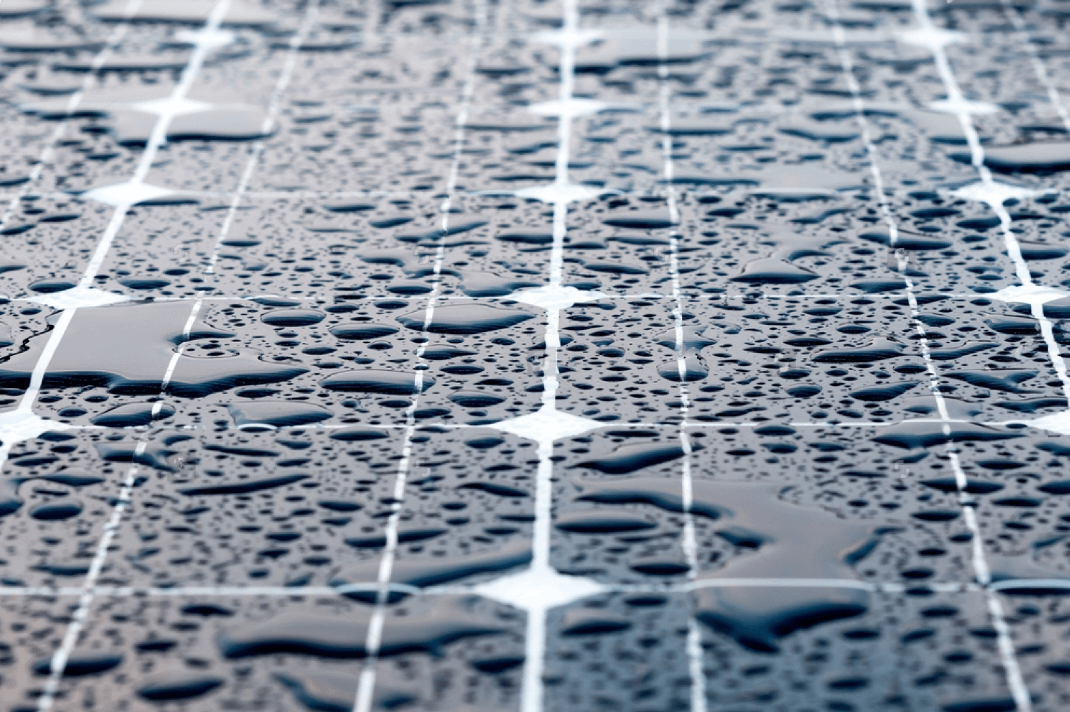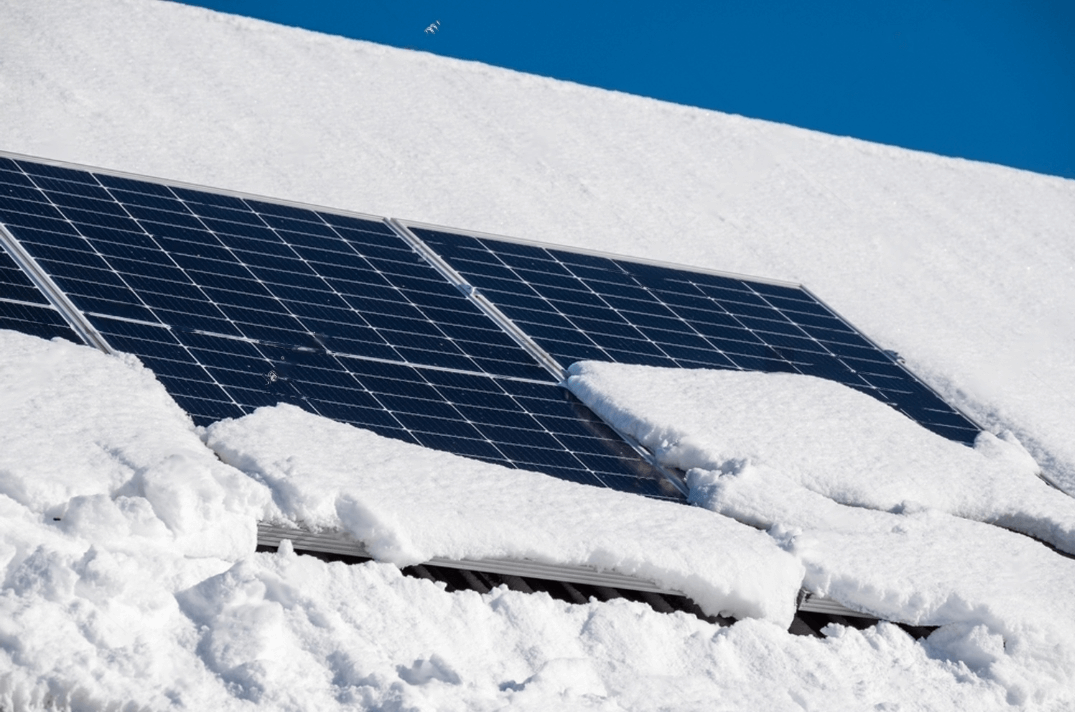Do Solar Panels Need Direct Sunlight to Work?
Do solar panels need direct sunlight to function effectively? This common question puzzles many homeowners considering solar energy solutions. While direct sunlight maximizes performance, modern solar panels are more versatile than you might think. These innovative devices can harness energy from both direct and indirect sunlight, making them viable even in less sunny regions.
Solar panels work by capturing light through photovoltaic cells, converting both direct sunbeams and diffused light on cloudy days into electricity. This adaptability means that even in overcast conditions, your solar installation continues to generate power, though at a reduced capacity. Whether you're in sunny Arizona or cloudy Oregon, solar energy remains a practical investment for sustainable living.
Understanding this relationship between solar panels and various light conditions helps homeowners make informed decisions about solar power adoption. While direct sunlight yields optimal results, today's solar technology proves effective across diverse weather patterns and geographical locations.
Is direct sunlight necessary for solar panels to work?
No, direct sunlight isn't strictly necessary for solar panels to function, though it provides optimal energy production. Solar panels can generate electricity from both direct and indirect sunlight thanks to their advanced photovoltaic technology. Even on cloudy days, when sunlight is diffused through cloud cover, solar panels typically operate at 10-25% of their maximum capacity.
Modern solar panels utilize something called the "photovoltaic effect," which allows them to capture various wavelengths of light, not just direct sunbeams. This means they can still produce power through:
- Scattered sunlight on overcast days
- Reflected light from surrounding surfaces
- Diffused light during dawn and dusk
- Indirect light during winter months
Think of solar panels like human skin – you can still get sunburned on a cloudy day because UV rays penetrate the clouds. Similarly, solar panels can still capture and convert light energy even when the sun isn't directly visible. However, efficiency does decrease without direct sunlight, so you might need more panels to meet your energy needs in less sunny locations.
Do solar panels produce power in shaded environments?
Solar panels can produce power in shaded environments, but their efficiency is significantly impacted by the type and extent of shading. When partial shade covers solar panels, they typically generate electricity at reduced capacity, ranging from 25-50% of their optimal output depending on the shading conditions.
Modern solar panels come equipped with technologies to minimize shade-related power losses. Microinverters optimize each panel individually, while bypass diodes help maintain flow in partially shaded panels. String inverters with power optimizers provide better shade tolerance, ensuring your system maintains some productivity even in less-than-ideal conditions.
However, certain shading scenarios can pose challenges. Fixed obstacles like chimneys, trees, and nearby buildings create consistent shade patterns. Temporary shading from falling leaves, snow, or bird droppings can temporarily reduce efficiency. Time-of-day shadows that move across panels also affect overall system performance.
To maximize performance in shaded conditions, proper panel placement and regular maintenance are crucial. Professional installers typically conduct detailed shade analysis during site surveys to optimize panel positioning and minimize potential shading issues. This careful planning ensures your solar system performs efficiently even when dealing with unavoidable shade patterns throughout the day.
Recommended Product: Renogy 200W ShadowFlux Anti-shading N-Type Solar Panel
If you're looking for a solution to maximize power output in shaded conditions, consider the Renogy 200W ShadowFlux Solar Panel. This innovative panel features advanced ShadowFlux technology that minimizes power loss by optimizing the performance of each cell. With a remarkable 25% cell efficiency and exceptional hot-spot resistance, it ensures consistent energy production even in varying sunlight angles.
Additionally, the panel is 7% smaller and 10% lighter than traditional rigid solar panels, making it perfect for installations with limited space. Rated with ≥IP67 protection, it's durable enough to withstand harsh conditions. Backed by a 5-year workmanship warranty and a 25-year 80% output warranty, the Renogy 200W ShadowFlux panel is a reliable choice for anyone looking to enhance their solar energy system's performance, regardless of shading challenges. Don't let shade compromise your energy production—opt for Renogy's cutting-edge technology today!
- The market's first N-Type solar panel boosted with ShadowFlux anti-shading tech.
How do clouds affect solar panels?
Cloud coverage has a significant impact on solar panel performance, though the effect varies considerably based on cloud density and type. During cloudy conditions, solar panels typically generate between 10% to 80% of their maximum capacity, with the exact output depending on the atmospheric conditions.
Interestingly, certain cloud formations can temporarily enhance solar panel efficiency through the edge-of-cloud effect. This phenomenon occurs when sunlight reflects off cloud boundaries, temporarily concentrating additional solar radiation onto the panels. This can briefly increase energy production beyond standard clear-sky conditions.
Dense cloud coverage, however, substantially reduces solar panel output by limiting the amount of solar radiation reaching the photovoltaic cells. Despite this reduction, modern solar installations remain remarkably efficient at capturing diffused light. Germany's position as a leading solar energy producer, despite its predominantly cloudy climate, demonstrates the viability of solar technology even in regions with frequent cloud cover.
Professional solar installations account for local weather patterns in their system designs, incorporating historical climate data to ensure adequate energy production throughout the year. This careful planning helps maintain consistent energy generation despite variable atmospheric conditions, optimizing the system's overall performance and return on investment.
Do solar panels work on rainy days?

Solar panels continue to function during rainy weather, though their energy production decreases significantly compared to clear conditions. During rainfall, solar panels typically operate at 10-30% of their optimal capacity, depending on the rain intensity and cloud coverage.
Rain actually provides some unexpected benefits to solar energy systems. Precipitation helps clean the panels by washing away dust, pollen, and other debris that can accumulate on their surface, potentially improving their long-term efficiency. This natural cleaning process helps maintain optimal performance when clearer weather returns.
Do solar panels work when it snows?

Solar panels can operate during snowy conditions, though their efficiency is affected by both snowfall and winter weather patterns. When snow accumulates on panels, their energy production can be significantly reduced or temporarily halted until the snow is removed or melts naturally.
The impact of snow on solar panel performance varies based on several factors. Light snow typically slides off panels due to their smooth, tilted surface and the heat they generate during operation. However, heavy snow accumulation may require manual removal to restore optimal functionality. Most solar panels are installed at angles between 30-45 degrees, which facilitates natural snow shedding while maximizing sun exposure.
Winter conditions can actually enhance solar panel efficiency in certain ways. The cold temperature improves the electrical conductivity of solar cells, potentially increasing their efficiency when sunlight is available. Additionally, snow's reflective properties can boost solar production through albedo effect, where sunlight bounces off surrounding snow onto the panels.
Professional solar installations in snow-prone regions incorporate specific design elements to manage winter conditions. These include enhanced structural support to handle snow loads, specialized mounting systems for optimal tilt angles, and consideration of local snow patterns in system sizing calculations. Some installations may also include snow removal systems or accessibility features for maintenance during winter months.
It's important to note that winter months generally produce less solar energy due to shorter daylight hours and increased cloud cover, independent of snowfall effects. Solar system designs account for this seasonal variation to ensure year-round energy requirements are met.
Factors affecting solar panel efficiency without direct sunlight
Several environmental and technical factors influence solar panel efficiency when direct sunlight is unavailable. Understanding these factors is crucial for optimizing solar energy systems and setting realistic performance expectations.
Temperature
Temperature plays a significant role in solar panel efficiency, particularly in indirect light conditions. Contrary to common belief, cooler temperatures can enhance panel efficiency by improving electrical conductivity, though this benefit may be offset by reduced light availability. During overcast conditions, panels typically operate more efficiently in cool weather than in hot conditions.
Atmospheric conditions
Atmospheric conditions substantially impact solar panel performance. Air pollution, humidity levels, and atmospheric particle density affect how much solar radiation reaches the panels. High humidity can scatter light particles, reducing the amount of energy reaching solar cells, while clean air allows for better light transmission even without direct sunlight.
Solar Panel Quality
Panel quality and technology specifications are crucial determinants of indirect light performance. High-efficiency panels with advanced photovoltaic cells generally perform better in low-light conditions. Modern panels featuring PERC (Passivated Emitter and Rear Cell) technology or bifacial capabilities can capture more indirect and reflected light, improving energy production during suboptimal conditions.
Panel direction and tilt angle
Installation characteristics, including panel orientation, tilt angle, and mounting system design, significantly influence efficiency under indirect light. Optimal positioning helps panels capture maximum available light throughout the day, even when direct sunlight is unavailable. Professional installers calculate these factors based on local climate patterns and geographical location.
Conclusion
So, do solar panels need direct sunlight to work? While direct sunlight is ideal for maximizing solar panel efficiency, these innovative devices can still generate power in various light conditions. Solar panels can harness energy from diffused light on cloudy days, reflected light from surrounding surfaces, and even indirect light during dawn and dusk.
While direct sunlight remains the most efficient source, modern solar technology ensures that your solar system can continue to produce energy even when the sun isn't shining directly. So, even if you live in a place that's not always bathed in sunshine, you can still enjoy the benefits of solar power.
Frequently asked questions
How efficient are solar panels without direct sunlight?
Solar panels can still operate effectively without direct sunlight, generating electricity from diffused and indirect light. On cloudy days, they typically produce 10-25% of their maximum capacity. Advanced technologies, such as bifacial designs and high-efficiency photovoltaic cells, enhance their performance under low-light conditions. This means that even in less sunny regions, solar panels can contribute to your energy needs, making them a viable investment for sustainable living.
Is morning sun better for solar panels?
Yes, morning sun can be particularly beneficial for solar panels. During the early hours, the sunlight is less intense but still provides valuable energy. Additionally, cooler morning temperatures can enhance solar panel efficiency. The position of the sun also means that panels may capture sunlight at a favorable angle, maximizing energy production. Morning sun is especially advantageous for systems installed in locations where afternoon shading occurs, allowing for optimal energy generation throughout the day.
How much direct sunlight does a solar panel need daily?
Solar panels ideally require around 4 to 6 hours of direct sunlight daily to operate at optimal efficiency. This amount varies based on factors like geographic location, season, and weather conditions. While more sunlight enhances energy production, modern solar panels can still generate electricity with less exposure. Even in partly cloudy or shaded environments, they can produce a significant amount of energy, making solar technology a practical choice for various climates.











